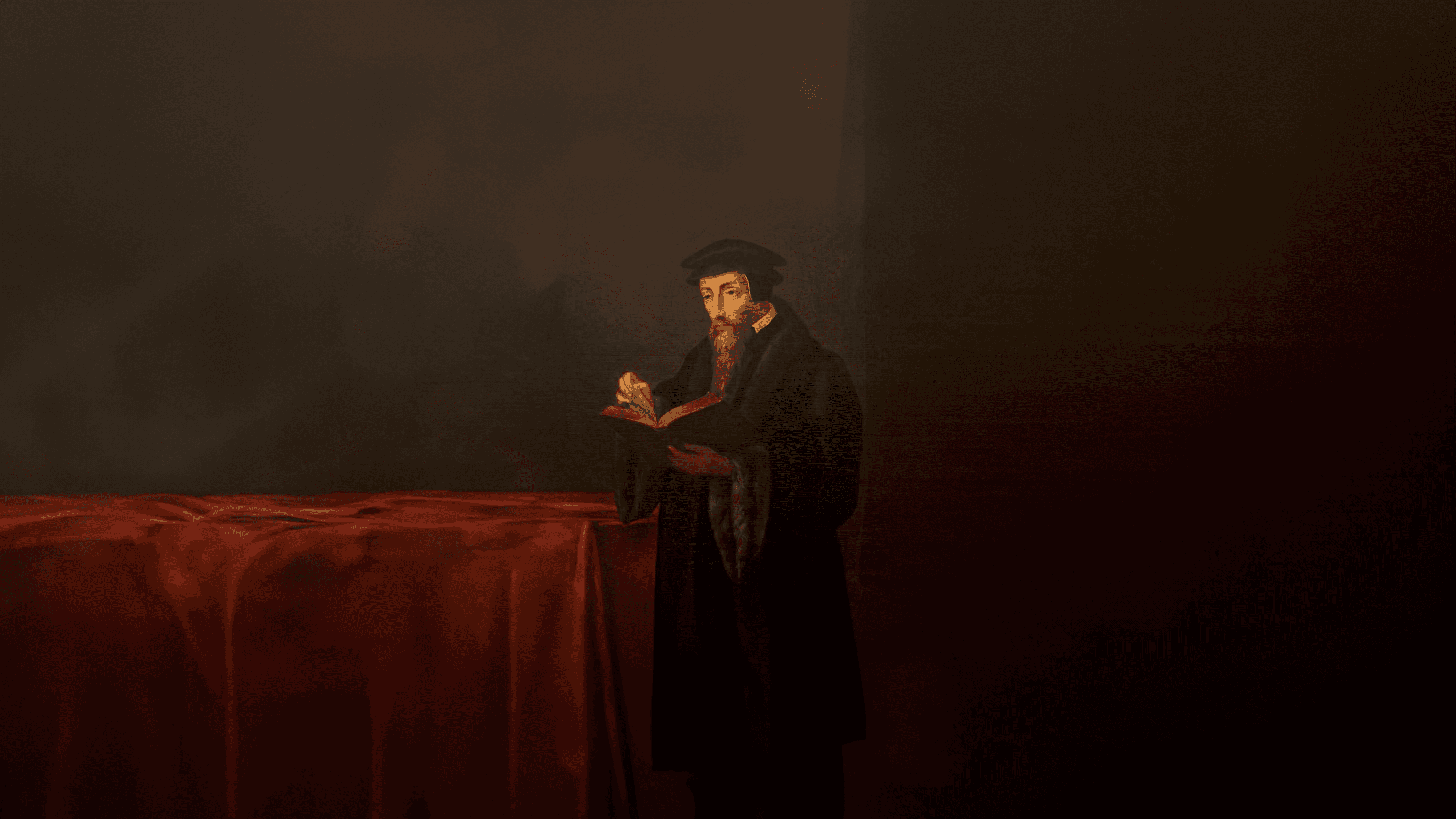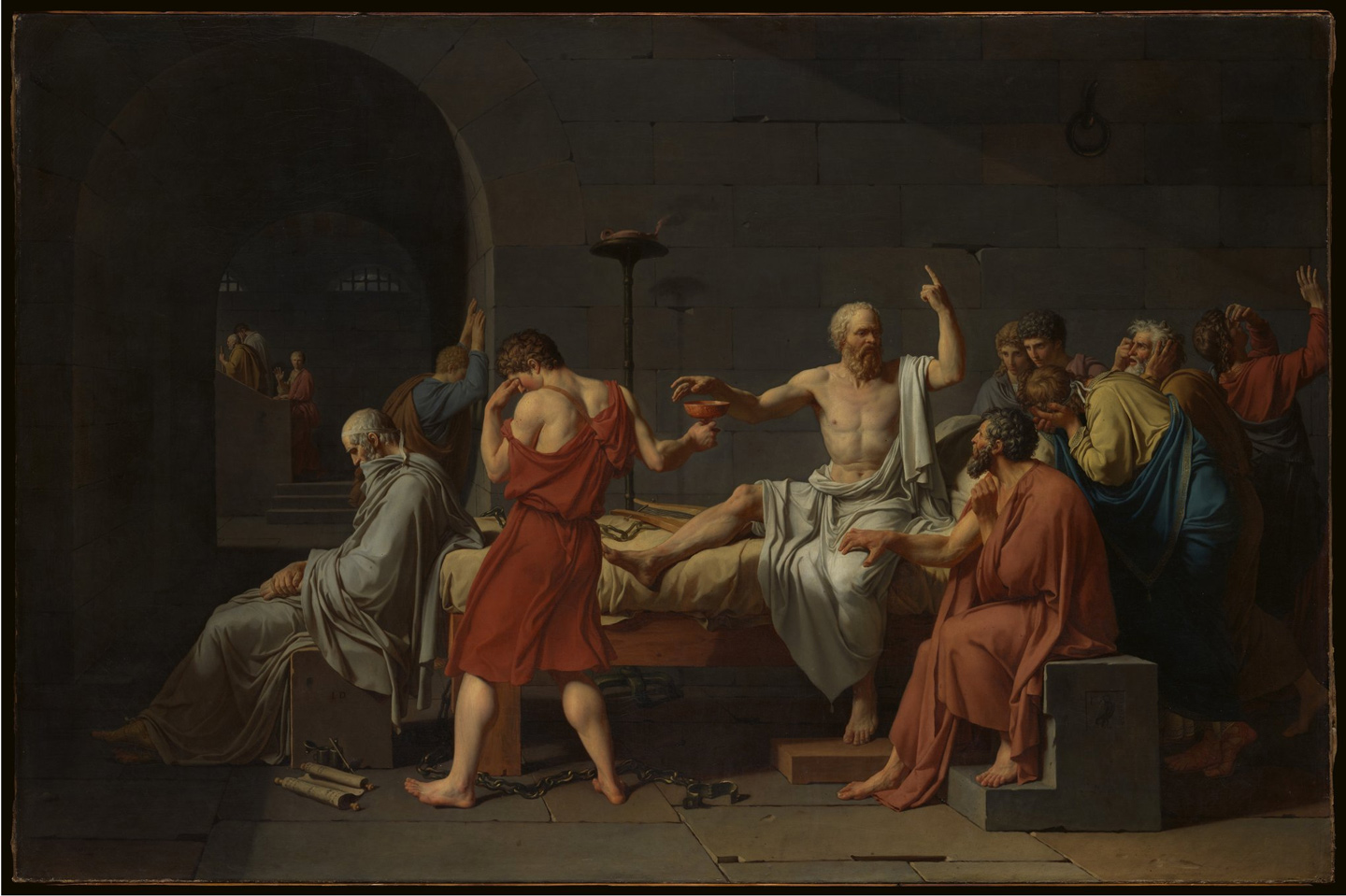
Robust and Reformed

In the MA in Theology and Letters program, students embark upon an advanced survey of Reformed Theology, combined with graduate-level studies in the classical liberal arts. Because all things hold together in Christ (Col 1:17), sound theology forms the essential foundation on which to build faithful and robust Christian liberal arts scholarship. Robust work in Reformed Theology serves as the entry point for more advanced theological studies and for pursuing the broader liberal arts in a distinctly Christian fashion. With a strong theological foundation in place, this program offers a variety of graduate courses in history, philosophy, and literature. Our goal is to enable students to pursue advanced theological and interdisciplinary studies in the Western classical tradition. This program is offered fully in residence over the course of two years so that students can work in a collegiate community of fellow students and master scholars.

Study across disciplines with courses in theology, history, philosophy, and literature from different epochs of the West (Ancient, Medieval, and Modern). Grow in a greater knowledge of the liberal arts through graduate-level courses. Develop and defend a master’s thesis. Participate in the Graduate Forum and hear from other scholars on a variety of topics.
Develop and hone scholarly skills at the graduate level, including research methods in theology and classical liberal arts. Sharpen the skills necessary for identifying and developing a successful graduate-level research project. This program also provides a strong scholarly foundation for those seeking an advanced degree at the next level.
Committed to the truths of Scripture and the historic Reformed confessions, New Saint Andrews College studies theology and the classics from this distinctive vantage point. We view the great theological truths of the Reformation as helpful and essential aids as we study God, creation, and mankind’s place in the created order. Students from any Protestant background are welcome to come and study with us.